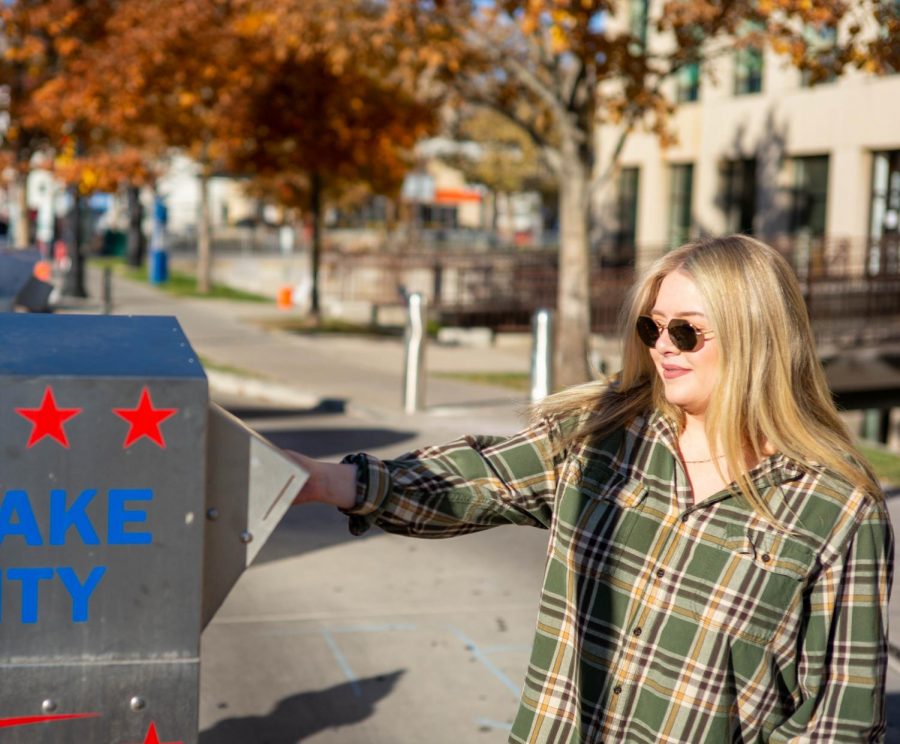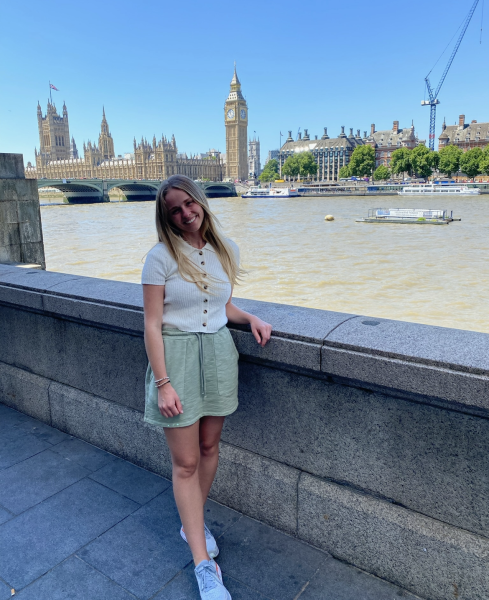On Nov. 21, voters across Utah cast their ballots for the 2023 municipal elections, which included a mayoral race and a Second Congressional District special election. Results were posted alongside a breakdown of voter turnout, which revealed that turnout across Utah counties was fairly low — with Salt Lake City reporting a 36% turnout.
Incumbent Mayor Erin Mendenhall was re-elected for a second term, defeating Rocky Anderson, who served as mayor from 2000 to 2008, 59% to 34%. Celeste Maloy, former chief legal counsel to Rep. Chris Stewart, will fill Stewart’s vacated seat in the House. She defeated Democrat Kathleen Riebe 56% to 35%.
Shatarupa Dey, a candidate for a Ph.D. in political science at the University of Utah, said low voter turnout for municipal elections is not new.
“There are a couple of reasons for low voter turnout in political science literature, and these reasons have been proven valid,” she said. “The first reason is timeline. Thanksgiving is a big holiday across the whole country, and people’s minds aren’t focused on politics. The second is that municipal elections aren’t as hyped up as, say, federal elections.”
James Curry, a political science professor at the U, said local elections tend to have low voter turnout when there are no national elections going on.
“Without the big-ticket item of national elections, people have less awareness about what’s going on and so less interest is drawn,” he said.
Why is Low Voter Turnout a Problem?
“The United States is one of the largest liberal democratic countries in the world,” Dey said. “One of the key principles of a liberal democracy country is the participation of the citizens.”
In a municipal election, the people in a city or town elect local officials to stand as representatives of their interests. In a Congressional District election, a candidate is elected to the U.S. House of Representatives to represent the interests of that district.
Curry said voting for these officials is essential because they influence individual lives at a much greater level than people may think.
“People don’t fully appreciate the way in which government policies and programs are directly affecting what they do every single day,” he said. “Government has everything to do with every aspect of your life in ways you don’t even understand.”
Curry also explained how showing up on Election Day can make a big difference in the attention candidates give to an individual or group’s interests and needs.
“People are free to decide if they don’t want to vote,” Curry said. “But I always think everyone should vote because, regardless of who you vote for, elected officials are attentive to groups of people who they know show up.”
Voting Tips and Advice
People refrain from voting for a lot of different reasons, Dey said. A few of these factors include frustration with candidates, bad timelines or being unaware and uninformed.
“What has worked for me is staying aware of discussions — what people are saying and what my professors are saying,” she said. “I also think it’s a really good exercise to just be aware. If you hear someone endorse a political theory relating to an event, ask yourself how to link the two.”
Curry said keeping citizens engaged and attentive is one of the greatest challenges of democratic politics. He recommended giving a small portion of each day to staying informed, whether it’s through reading the news, doing research or participating in city council meetings.
“Participate, read and see what’s going on,” he said. “Politics tends to repeat itself, so the more you get a sense of things over time, the easier it gets.”




